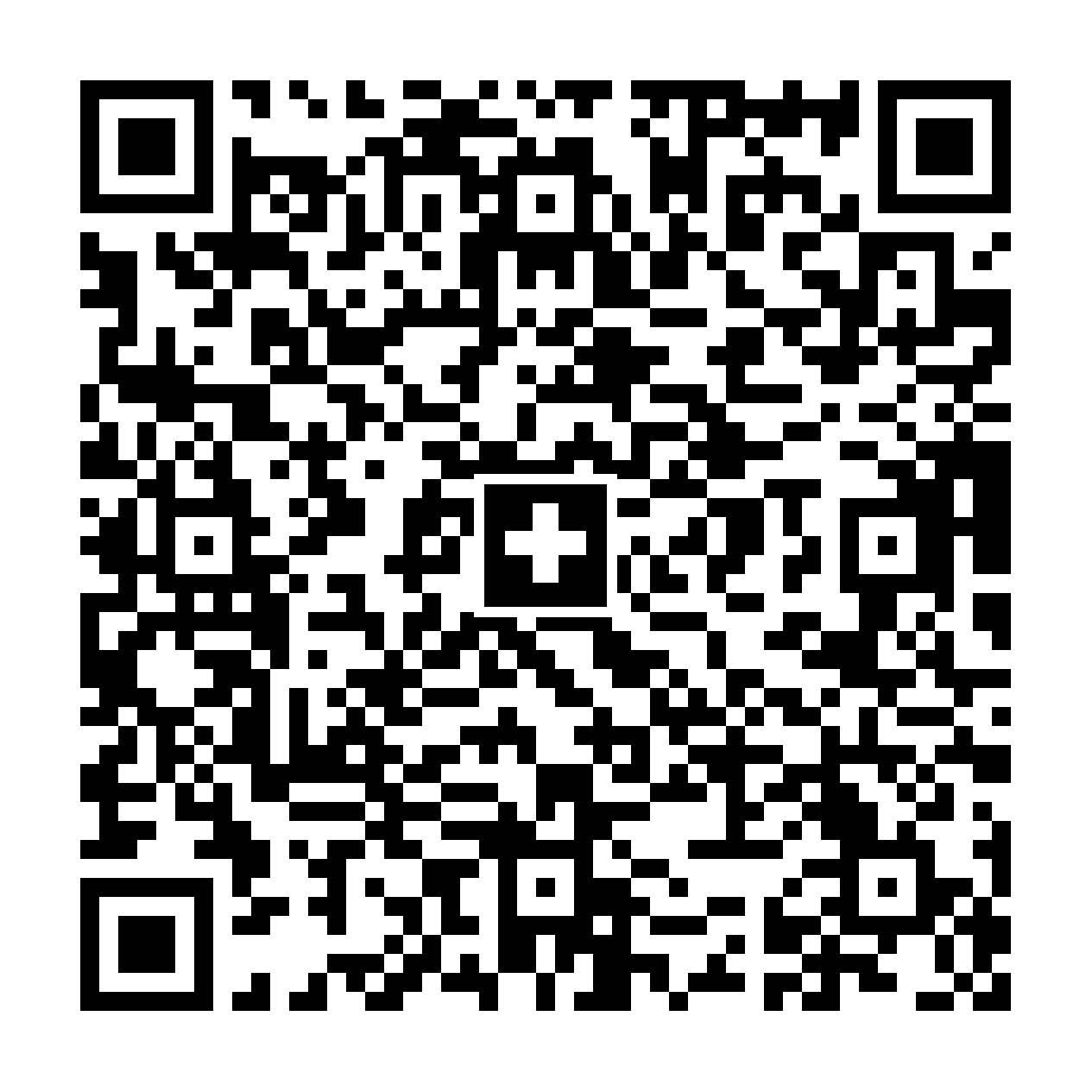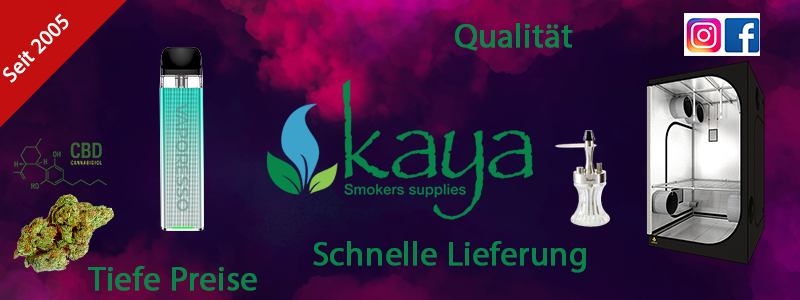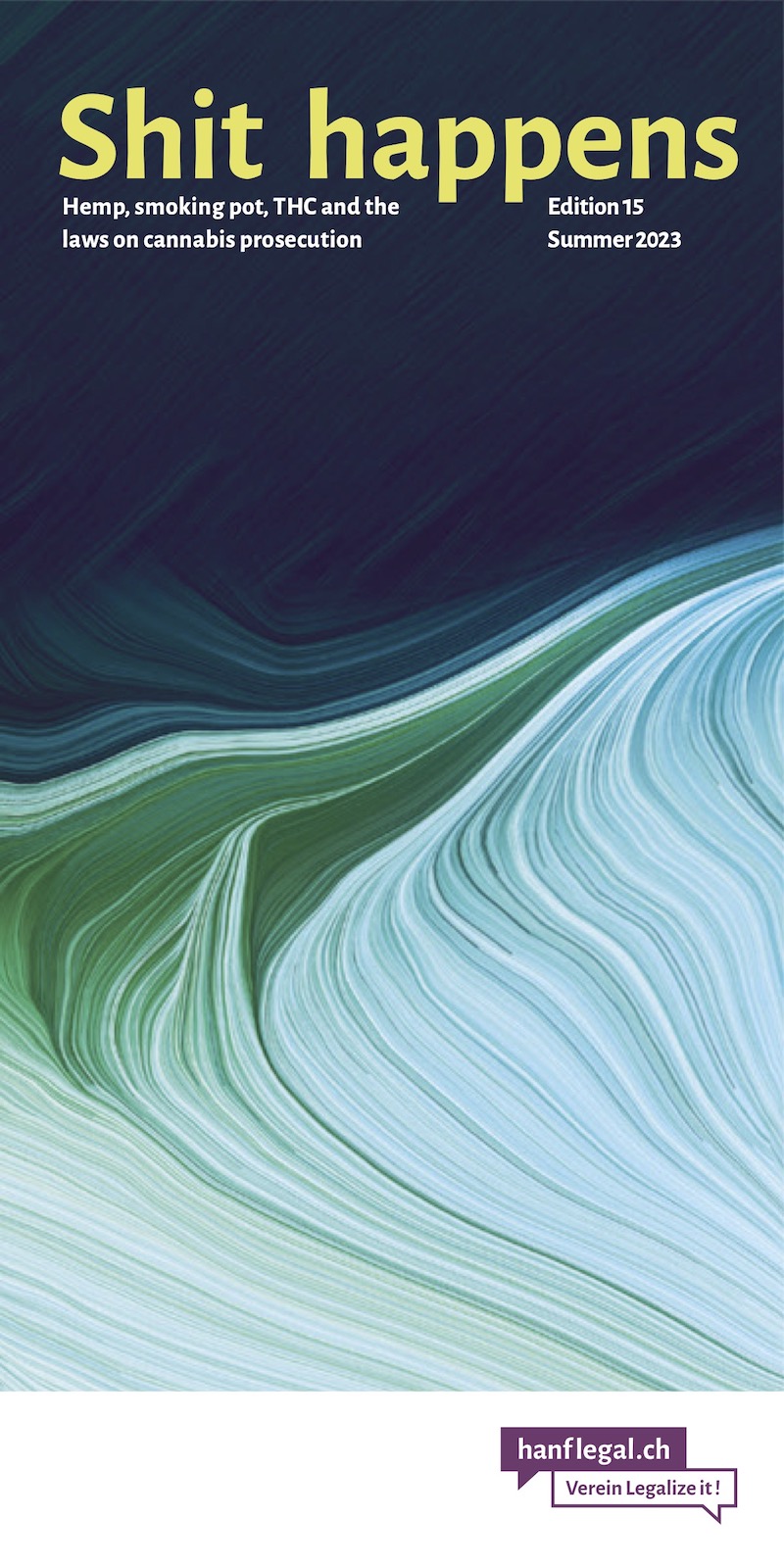- THC & Law:
Table of Contents
Normal illegal: consumption private and preparations
Laws
Basic prohibition
Narcotics Act NarcA, SR 812.121, Article 19, in PDF (2023) on page 17 f.
Privilege consumption
Narcotics Law NarcA, SR 812.121, Article 19a, Paragraph 1, in PDF (2023) on page 19
Limitation: 3 years for violations
Conditions
Whoever possesses, buys, grows, and finally consumes cannabis for himself, acts illegally, but in the lowest level (contravention). As soon as even a crumb is given away, this is considered to be a misdemeanor. “Self-consumption excludes transfer.” This difference is really central!
Tips
The less consumption, cultivation, possession and purchase are confessed during the interrogation, the less illegal acts can be punished. The penalty can be higher if a lot has been admitted. No matter how big the piece is, it is only for your own consumption and in no case for passing on.
Penalties
Anyone caught with cannabis for personal use or who admits use in an interview will be given a summary penalty order with a fine, plus fees (a total of 200 to 1,000 francs). In case of repetition, it becomes more expensive (fine up to 10'000 francs).
Advertisement
Normal illegal: consumption private and preparations
The consumption is prohibited
Acts for one's own consumption (possession, cultivation, purchase, smuggling) as well as consumption itself are prosecuted as contraventions.
There is no quantity limit here. It does not matter how much hash or weed someone possesses - as long as it is for personal use, it is considered contravention and the penalty in the law is “fine”. The only exception to this is that anyone who possesses less than 10 grams and has not yet consumed it goes unpunished according to the law.
The procedure for a contravention
In 2020, the police reported 22,141 defendants who were accused of 25,203 contraventions related to smoking pot. A contravention is logged by the police (see report). The person concerned is then reported to the police, because the police cannot impose penalties themselves. In most areas, this is done by the public prosecutor's office.
In the canton of Zurich, there are city police forces in some municipalities, where THC users are usually reported by them and fined by the city magistrate's office. Those who are reported by the cantonal police are fined by the governor's office. The governor's offices issue higher fines and demand higherfees than the municipal magistrates' offices. The public prosecutor's offices are often even more expensive.
For example, in the city of Zurich: 100 francs fine + 150 francs fees = 250 francs, pronounced by the municipal judge's office. This fine is stored in the corresponding office. Whoever is reported again in this area can get a higher fine (for example 200 francs fine + 250 francs fees = 450 francs).
But if you end up in the governor's office, you can expect a fine of for example 350 francs and on top of that fees of 300 francs, so a report can cost 650 francs.
The public prosecutor often charges up to 500 francs fines the first time, which with fees can quickly cost 800 francs.
These examples are for first time encounters. The second time it gets more expensive!
Logging of illegal actions
When someone is stopped by the police for smoking pot, there are the things that are clearly present: a joint, a piece of hash, a bag weed. Here, THC users can hardly deny that these things belong to them.
Next comes the questioning, recorded in a protocol. Here, questions are also asked about unproven consumption in the past, as well as about passing on, the name of the dealer, etc. (Example of a protocol).
It is now especially important that one does not voluntarily confess further illegal acts to the police. All illegal acts, even those for which one's own statement is the only evidence, can be added up: “Aha, so you admit that you smoke five joints a week, with half a gram each. That means you've consumed 390 grams in the last three years and violated the Narcotics Law 780 times.” Such extrapolations are rarely made for consumption anymore (but very much so for trafficking), and usually there is a standard fine. But police departments and courts can add it up. The road traffic office also has official figures that someone smokes pot regularly and can therefore question the driver's license with good reason. An ill-considered statement can have negative effects in case of accidents (recourse of the insurance) or when dealing with official authorities.
Silence, silence, silence
Anyone who is questioned by the police about their handling of THC should really only admit what is obvious anyway, i.e. the specific THC-containing material found. Interviewees should not answer any other questions. Interviewees can remain silent or say, “I won't say anything about that.” There is no point in cooperating with the police because every statement almost inevitably proves more illegal activity. Refusing to testify is allowed: No one is forced to incriminate themselves. Accused persons are also allowed to lie. If one's own testimony would be the only evidence, it is often a good idea to simply deny an illegal act. Complex structures of lies, however, usually do not work (contradictions).
Silence, at best denial, is usually better, but difficult for many. It does not make the atmosphere at the police station more pleasant, maybe you really have to go to the holding cell for an hour. It is a very unpleasant situation: to be held and pressured by several armed, paid people in your free time alone. It is not a pleasant experience, but it is necessary to keep one's nerves and remain silent.
The only meaningful statement is that the material found on you belongs to you and is for your own consumption. This makes it clear that it is about NarcA 19a. Anything else must then be proven.
The decisive limit
However, anyone who confesses to a transfer leaves the realm of misdemeanors and is guilty of a massively more illegal misdemeanor (NarcA 19).
Accordingly, respondents should frame their statements to the police interrogation Everything you own is for your own consumption. Therefore, never admit to passing on or intentions to pass on without compelling reasons, because then there will not “only” be a fine, but also a fine or even imprisonment, both with an entry in the criminal record.
Criminal investigation - rights and obligations
One does not like to deal with it, but it can affect everyone: Even those who are innocent can become involved in criminal proceedings.
Criminal investigation - what to do?
A book recommendation for this: “Criminal investigation - what to do?” (ISBN 978-3-85990-161-2, in German) has been published by “edition 8” in the 6th edition. For 25 francs you get an understandable, general introduction to the course of criminal proceedings. The ideal supplement to our THC-Wiki. On Strafuntersuchung.ch you can order the book or download a leaflet with a summary of the most important points. For all those who want to know in more detail how a criminal investigation works and what rights and obligations they have in the process.
Rights and obligations in criminal proceedings
If you like it shorter, you can read our summary of the most important points:
How the concrete prosecution of illegal actions is organized is determined by the Criminal Code. Here it is determined how transgressions, how misdemeanor are punished:
Prosecution of THC use
Report
More on the topic criminal prosecution
Cost of the criminal prosecution
Canton criminal prosecution
In focus
Criminal record
Money Laundering Act
Advertisement
Support our work with a donation:
Bank transfer
Account number (IBAN):
CH02 0900 0000 8709 1354 3
Full account details
Or scan this QR code with your eBanking App (ZKB, Revolut, Postfinance, …):

Or open/share the QR code as PDF file with your eBanking App.
Credit card
Donate via credit card
Verein Legalize it!
Quellenstrasse 25
8005 Zürich
Threema ID 7NH65RBY
Don’t miss anything! Follow us on social media:

